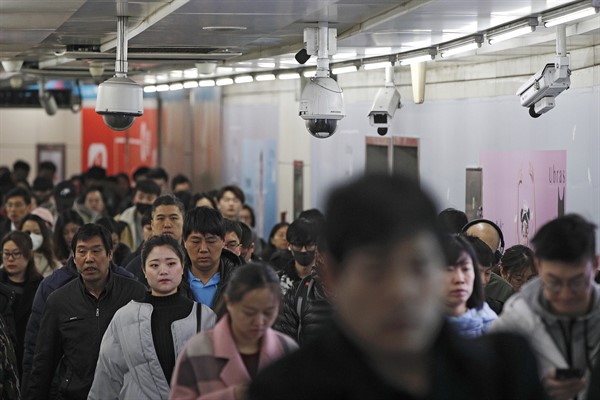It would be an understatement to say that the 21st century has not been a good one for democracy. As has been well-documented, democracy has been losing ground for years in ways both subtle and blunt. Now comes another growing trend, this one spreading quietly, in a seemingly innocent fashion, whose damage to democracy could be even more intractable, because it brings welcome changes to daily life along with its potential for harm.
We’re talking here about the rise of artificial intelligence, or AI. Or, more to the point, we should be.
AI is already an important part of daily lives around the world, and much of what it does for us is uncontroversial. But there’s also a sinister side to the technology—one that demands much greater attention than it has so far received. Although cyber threats, writ large, are viewed with considerable concern and are the focus of significant government funding, staffing and legislation across the world, the threats that artificial intelligence in particular present to democracy and human rights are typically little more than afterthoughts. And yet, AI and its dangers could play a pivotal role in the great geopolitical contest of our times: the battle between democracy and autocracy.

